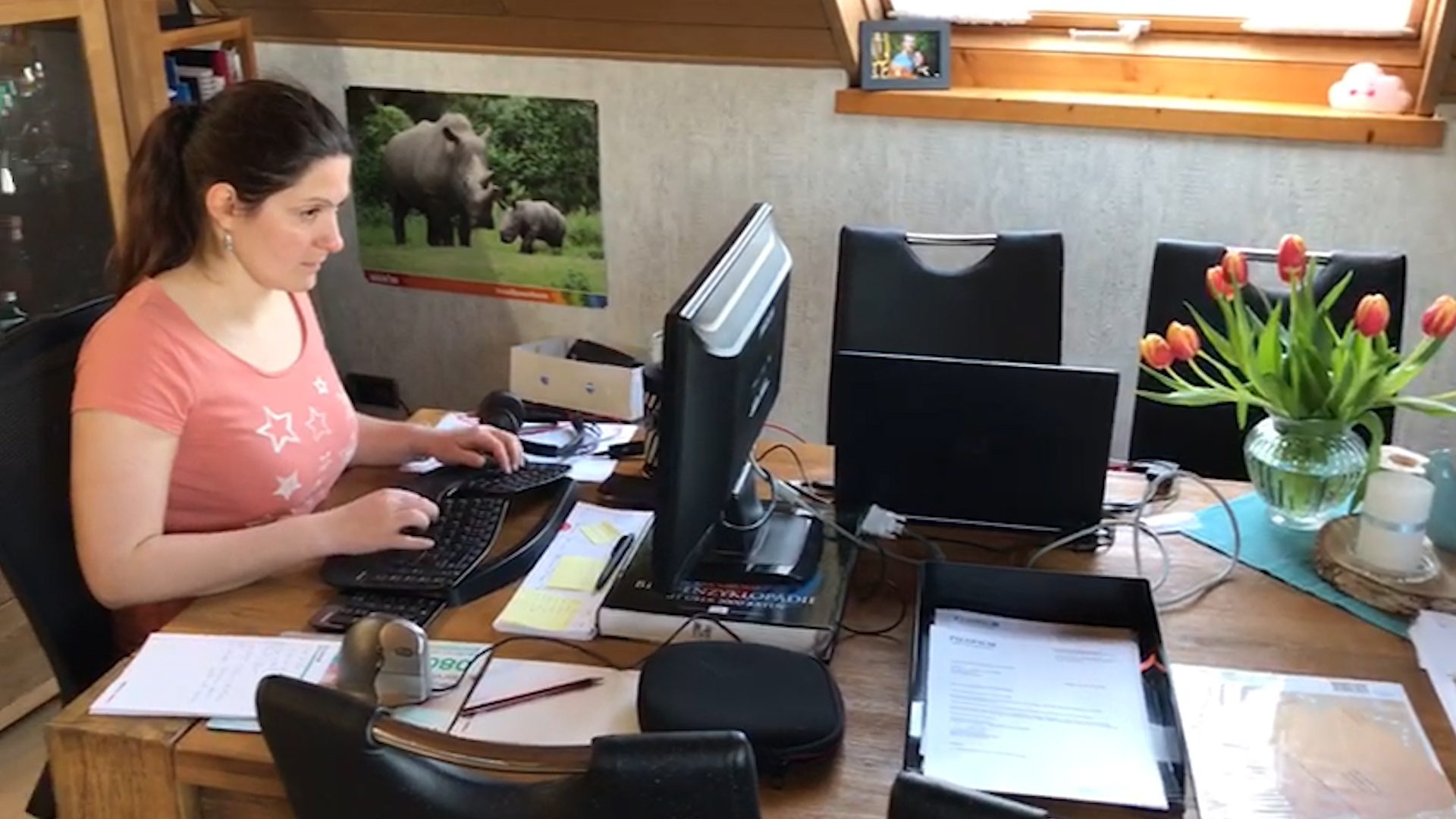– We are at your service. During the current Coronavirus pandemic, our technicians and application specialists are working on the front line alongside…
atyourservice
AT YOUR SERVICE – Francesco Galvani
Francesco Galvani, Medical Equipments Application Engineer, servicing hospitals in north Italy, tells his experience and feelings during the pandemic. – We are at…
AT YOUR SERVICE – Johann CORDIER
“The testimony of Johann CORDIER, Application Engineer at Fujifilm Medical France.” — We are at your service. During the current healthcare crisis our…
Fujifilm Healthcare Support in times of Corona
Although the current situation requires us to maintain physical distance, we at Fujifilm Healthcare are figuratively (!) moving closer together right now.
AT YOUR SERVICE – Marco Costa
“Marco Costa, Medical Equipments Application Supervisor, servicing hospitals in Milan, Italy, tells his story of facing the current healthcare crisis head-on.”




